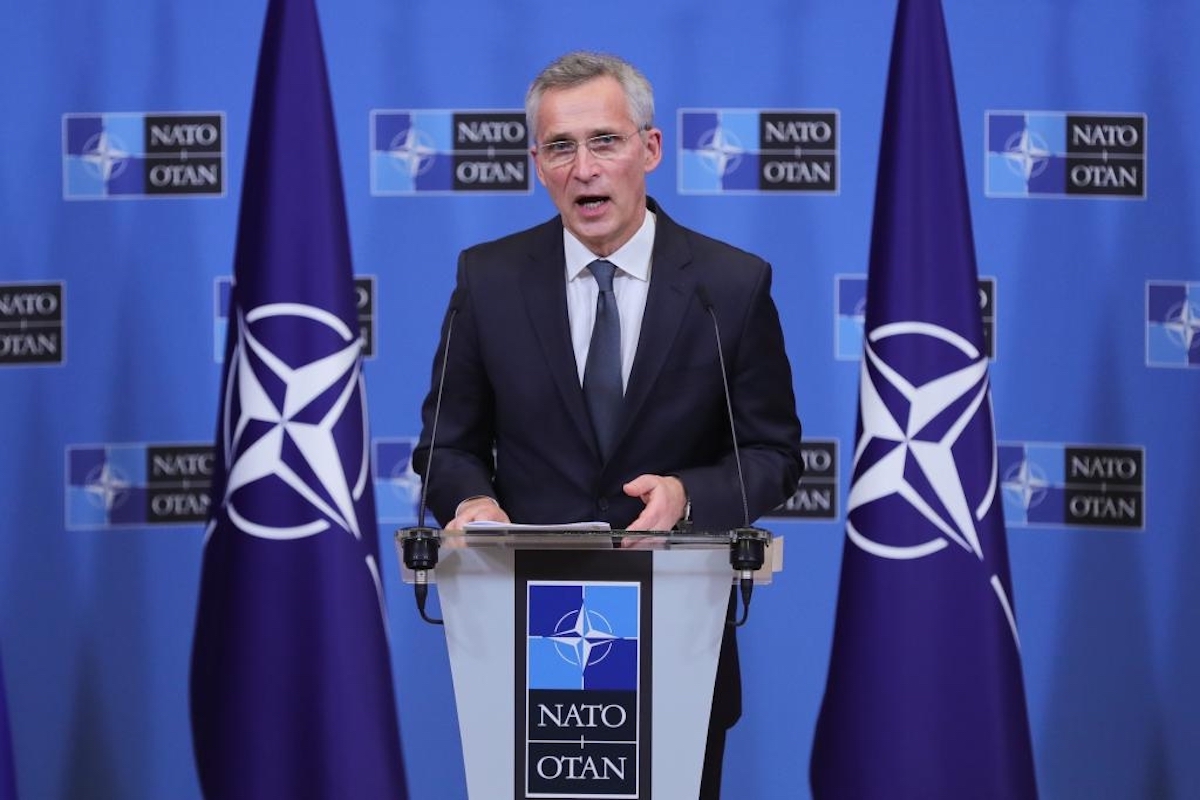NATO Secretary General Jens Stoltenberg said that Russian President Vladimir Putin is “failing in his brutal war of aggression” in Ukraine and is “responding with more brutality”.
He made the statement on Tuesday while attending a forum in the Romanian capital of Bucharest.
Advertisement
In his opening remarks, Stoltenberg said that in response to Russia’s full-fledged invasion of Ukraine, “we are raising the readiness of our troops”.
“We have doubled the number of NATO battlegroups from four to eight, including one in Romania, led by France,” he said.
The Secretary General stressed that NATO allies and the alliance are not a party to the conflict in Ukraine, “but we are providing unprecedented support” to Kiev for as long as it takes.
“Because Ukraine is a nation that has the right to self- defence, a right which is enshrined in the UN Charter.”
According to the NATO chief, Putin is trying to “weaponise winter”.
“To force Ukrainians to freeze or flee. He is trying to break the will of the brave Ukrainian people. And to divide all of us who support them.”
Stoltenberg went on to say that NATO and its allies have made additional pledges to the alliance’s Comprehensive Assistance Package for Ukraine which will fund urgent non-lethal support, including fuel and generators, as well as help fix critical energy infrastructure badly damaged by massive Russian missile and drone strikes.
“We realise that it is extremely important that President Putin is not able to win in Ukraine. That will be a tragedy for Ukraine, but it will also make the world more dangerous and much more vulnerable,” he added.
Later at a press conference with the NATO chief also in Bucharest, Ukrainian Foreign Minister Dmytro Kuleba said the last time he met senior officials of the alliance, his three words were “weapons, weapons, weapons”.
“Today I have three other words, which are faster, faster and faster. We appreciate what has been done, but the war still goes on. Decisions on weapons and production lines have to be made faster,” Kuleba was quoted as saying.
Stoltenberg’s remarks come as the US-led NATO alliance has repeatedly ruled out supplying longer-range missiles and other such weaponry to Ukraine, amid concerns that this could lead to a major escalation with a nuclear-armed Russia.
